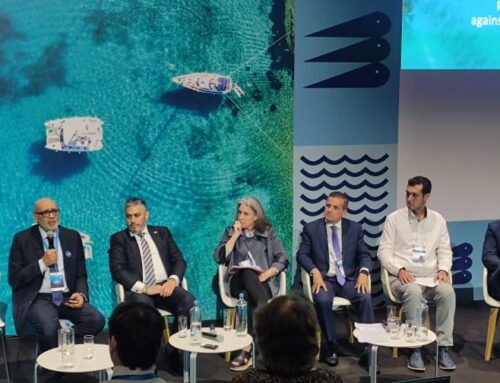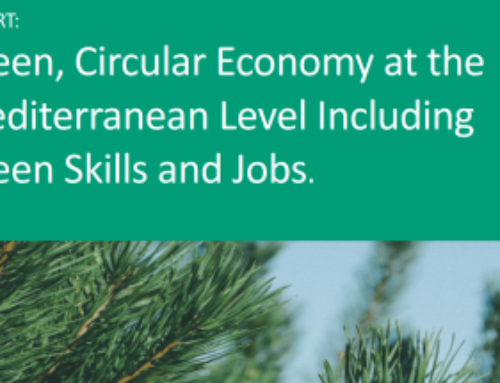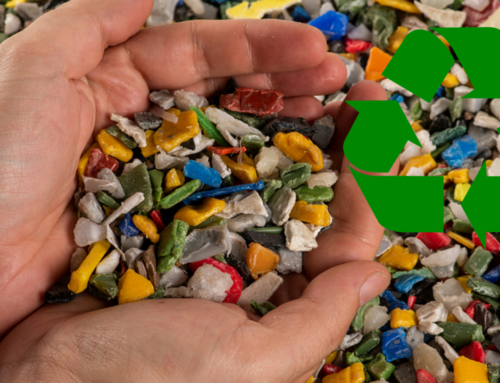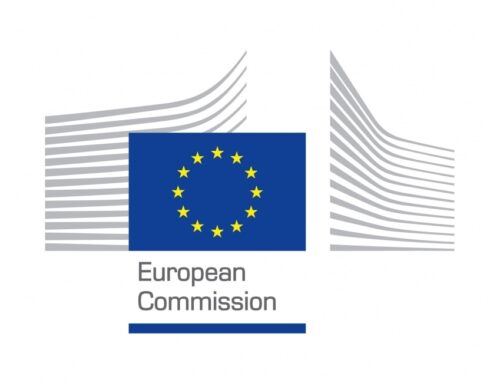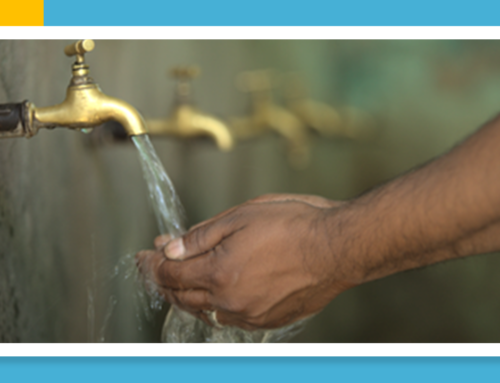Water resources in Tunisia are characterized by scarcity, a pronounced irregularity and its economy depends heavily on agriculture. Therefore, the necessity of improving access to irrigation water development to address the water scarcity, as well as a training programme for farmers to promote sustainable agricultural practices and water management is imperative.
The EU funded Water and Environment Support (WES) project, under the Activity “Improving water use efficiency in agriculture”, has organized in late May and early June two Trainings of Trainers (ToT), targeting more than 50 technicians on irrigation and other experts, to support Tunisia in managing the collective Irrigation Systems and on farm irrigation systems in an effective and sustainable way.
During the first 4-day ToT (from 24 to 27 May 2022), trainers focused on the management and analysis of the performance of collective irrigation systems. By the end of the ToT and the one-day field visit, the 25 technicians from the Regional Commissaries for Agricultural Development (RCADs), in charge of monitoring irrigation project studies, and from the Directorate General of Rural Engineering and Water Exploitation (DGGREE) will have improved their capacity to manage collective irrigation systems using programs developed for the design and analysis of pressurized collective irrigation systems, and be able to extend their guidance and advice to Agricultural Development Groups (GDAs) for improved management of irrigation distribution systems.
During the second 5-day ToT (30-31 May and 1-4 June 2022) the WES team focused on on-farm irrigation management, smart irrigation and field irrigation systems. The WES experts trained 25 RCAD technicians in charge of monitoring water saving projects in order to extend training/orientation to farmers and GDAs to improve crops’ water productivity. Using their proper computers, the participants were able to exercise on AQUACROP software https://www.fao.org/aquacrop/en/ developed by the Food and Agriculture Organization of the United Nations (FAO) for estimating crop water requirements and learnt how to calibrate the model using the variety of crops in Tunisia and apply the procedure through exercises using selected crops of the country. They also had a one-day field visit to the Regional Center for Research on Horticulture and Organic Agriculture in Chott Mariem, where they learnt about smart irrigation.
Ms Suzan Taha, WES Key Water Expert, expressed her confidence that these Trainings of Trainers, along with the related video and leaflets to be published, would surely contribute to modern and sustainable irrigations, therefore the productivity of farms and further development of the economy of Tunisia.


